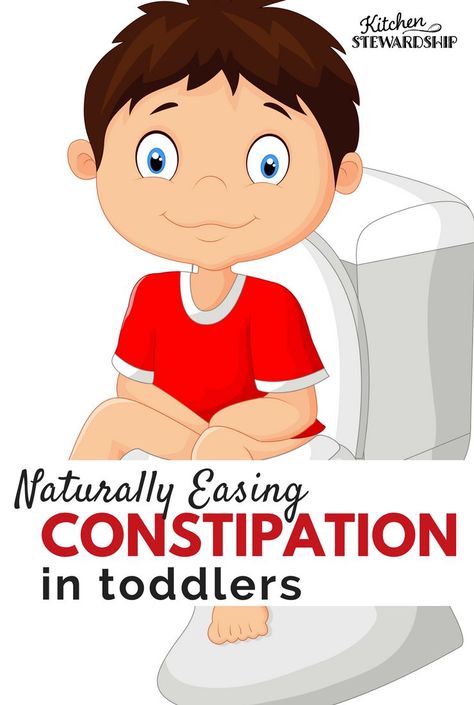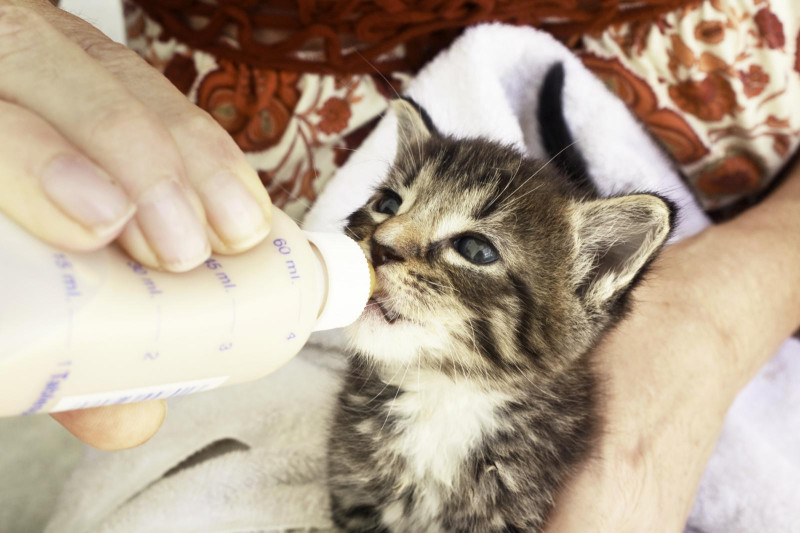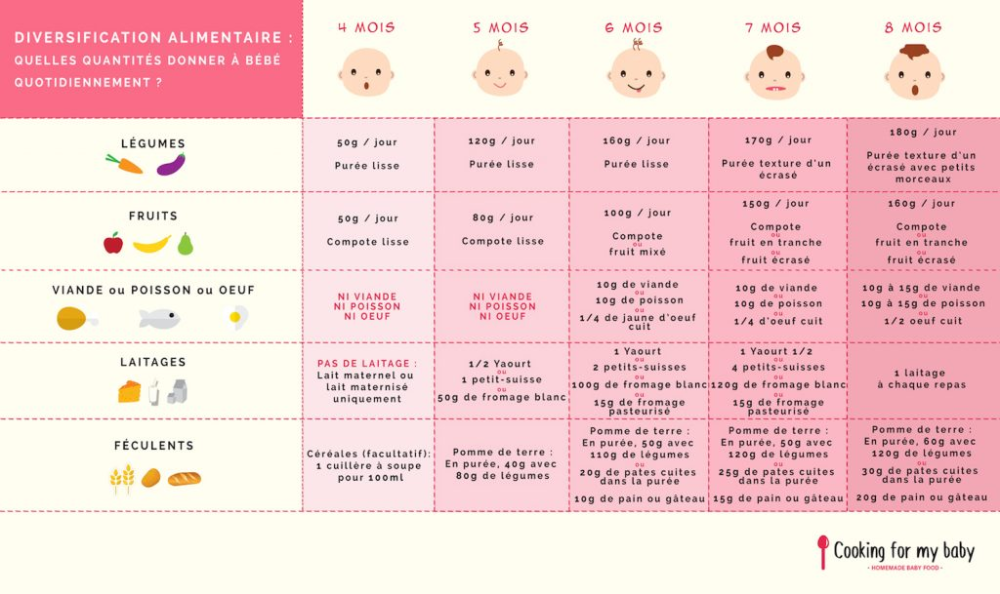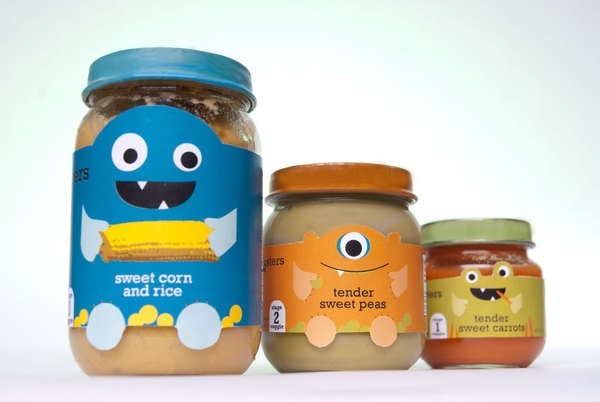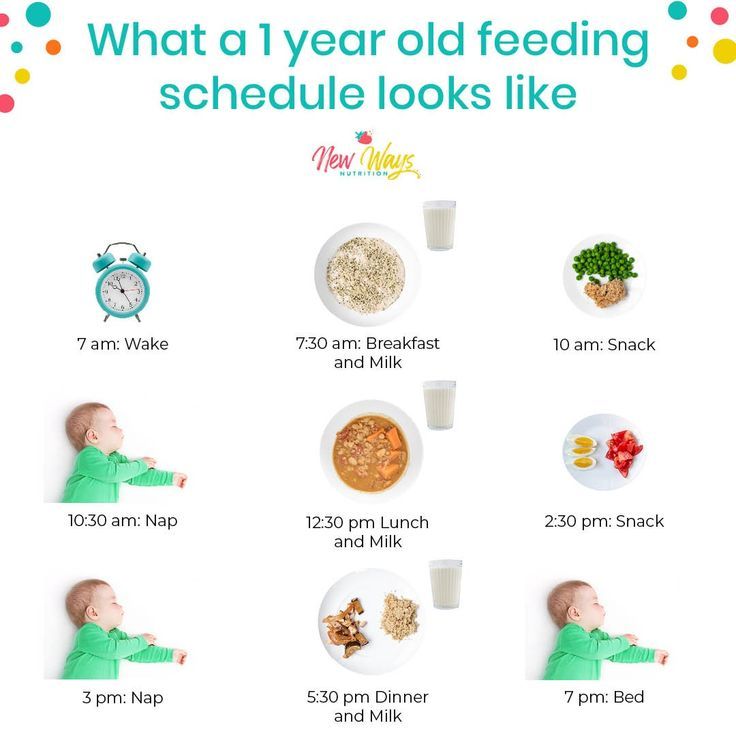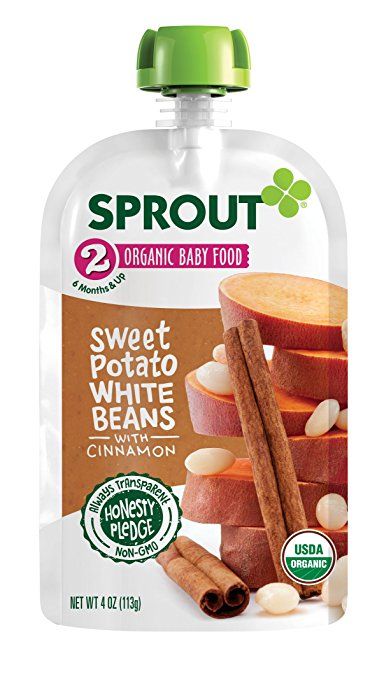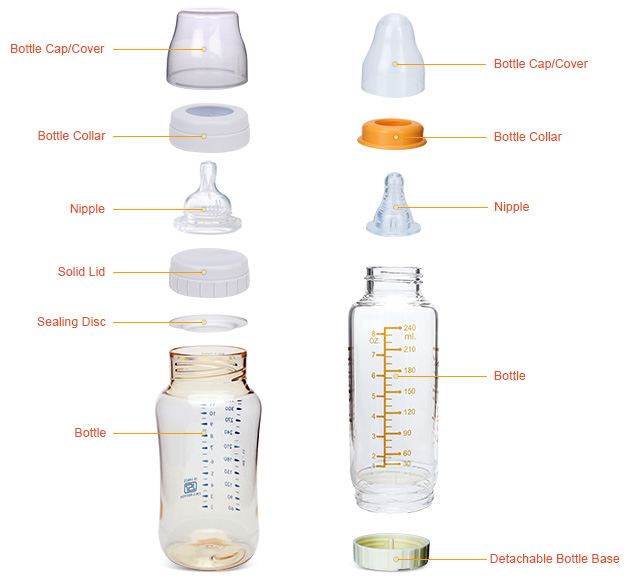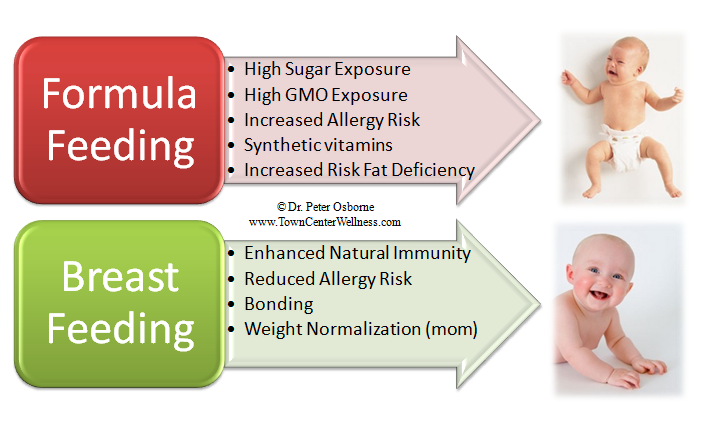What food makes babies constipated
Foods to Relieve Constipation in Babies
As new parents, we quickly learn that “poop” becomes part of one’s daily conversation. You start to calculate how much and how often baby poops. The doctor will ask you what it looks like and smells like.
When a baby is suddenly not pooping, we start to get concerned. Especially if he becomes cranky or cries while pooping. This can be a sign of constipation.
It can happen to breastfed or formula fed babies and often begins when switching to solid foods. When their digestive systems are only used to breast milk or formula, solid foods can be tough to digest.
The frequency of bowel movements, or the lack of, is not the only clue your little one might be constipated. If your baby’s poop is very hard or seems difficult to pass he may also be suffering from constipation.
There are certain foods that are more likely to cause constipation and discomfort. If you suspect your baby is suffering from constipation, read on. We will run through the foods that can trigger constipation and foods to relieve constipation in babies.
- Yogurt
- White bread
- Pasta
- Applesauce
- Unripe bananas
- Cooked carrots
- Rice cereal
- Cheese
These foods are known to trigger gassiness and constipation in most babies. But, it is important for you to keep track of your own baby’s symptoms related to what they are eating. What triggers constipation in one child may not necessarily be the same in another baby. To help avoid constipation in babies, you need to feed your little one foods that are high in fiber content or have natural laxative properties. Just some small dietary changes can make your baby feel better and get his digestion flowing more smoothly. By adding some of the following foods to your baby’s diet you will surely get the “poop talk” back to a more positive conversation.
Foods to Help Relieve Constipation in Babies:
- Cheerios: High in fiber. Try the whole grain option for babies who are already eating finger foods.
- Soy Products: This can be especially helpful for babies who are allergic to milk proteins. If mom avoids dairy and replaces it with soy products, her breast milk may become more favorable for baby’s digestion.
- Berries: Berries of all kinds are packed with fiber and their natural sweetness is a favorite of children of all ages.
- Prunes and figs: Packed with fiber and also a natural laxative. You can cut them into small cubes and allow baby to feed himself or serve as a juice or ice pop
- Oatmeal and other whole grains: These are naturally high in fiber and energy. Oatmeal is available commonly as a pre-cooked baby cereal and whole grain bread is a good source of whole grain for your baby.
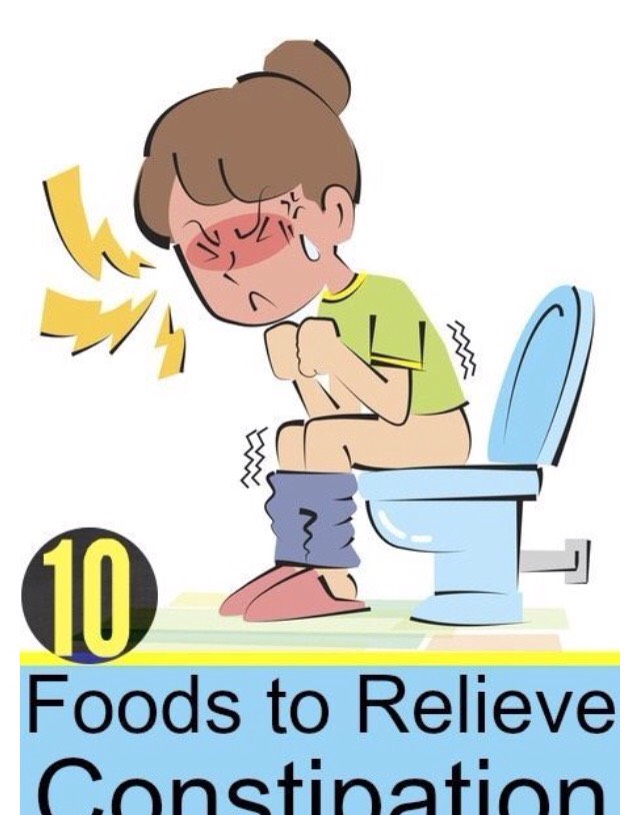 **Try mixing the cereal with a little prune juice!
**Try mixing the cereal with a little prune juice! - Beans: “Beans, beans the magical fruit, the more you eat the more you toot!” We already know that beans, of any kind, have a great mixture of soluble and insoluble fiber both of which help in digestion and help to promote more regular bowel movements.
- Pears, Plum, and Apples: All are rich in fiber and are available to be purchased in baby food jars at your grocery store or can be served cubed to baby.
- Sweet Potatoes: These are extremely rich in fiber, it’s best to have them with the skin on, however this can be difficult for babies to chew so consider a puree
- Nuts: Most nuts are a great source of protein and fiber - but feed them in moderation because they are also high in fat. Most pediatricians recommend waiting until one year of age to serve nuts and tree nuts to children for the sake of allergies.
- Water: Additional liquid into baby’s diet will help to keep stool softer.
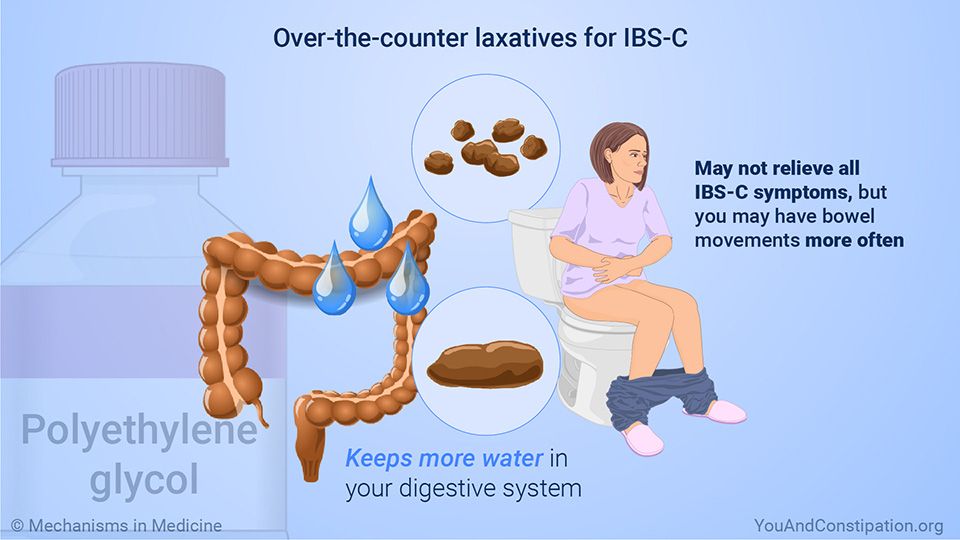 Offering water or diluted juice in a sippy cup will help with constipation. (However, always check with your doctor before adding water or other liquids to baby’s diet as babies younger than 6 months generally get all the water they need through breast milk or formula.)
Offering water or diluted juice in a sippy cup will help with constipation. (However, always check with your doctor before adding water or other liquids to baby’s diet as babies younger than 6 months generally get all the water they need through breast milk or formula.)
Hopefully just some simple diet modifications will leave your baby pooping freely and feeling much more comfortable! Remember that every baby is different and their body will react differently to certain foods.
If simple diet changes don’t seem to make a difference please seek out the advice of your doctor so they can rule out any other serious issues.
Starting Baby on Solid Food | Nutrition | Patient Education | Longwood Pediatrics | Practices | Alliance
General information
You should generally start solid foods between 4-6 months of age. Starting solids earlier than this will not cause your baby to sleep longer at night and may cause digestive problems. For your baby’s first year, breastmilk or formula is the most important part of her diet.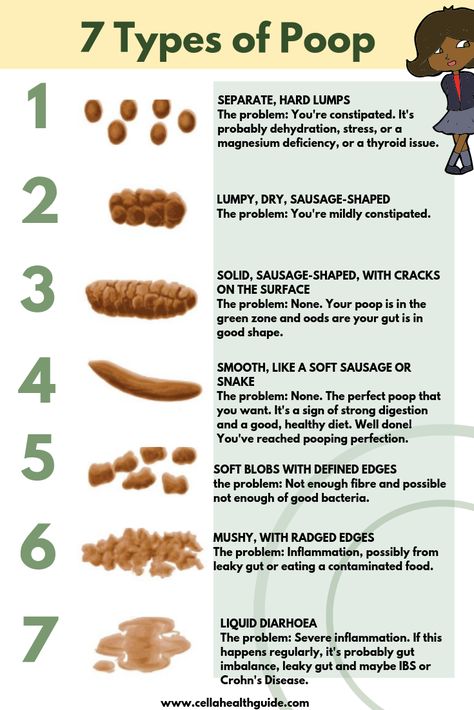 As you introduce solids, make sure that she is still drinking adequate amounts of formula or breast milk.
As you introduce solids, make sure that she is still drinking adequate amounts of formula or breast milk.
Feed your baby all solids from a spoon. Putting cereal in the bottle is not a good idea, and part of learning about solids is learning to eat with a spoon. You may want to start solids at a time when your baby is hungry but not starving, such as after he has had a little formula or breast milk, but not after a full milk feeding when he is not at all hungry.
Try to introduce new foods with enthusiasm, but do not force your child to eat something. If your child is not interested in a new food, put it away and try introducing it again later. When introducing new foods, there should be an interval of 2-3 days between each new food so that you will know if your baby is having a reaction to a new food.
If your baby develops vomiting, rash, or diarrhea, please do not give that food again and discuss this reaction at your next visit. If your child develops hives or breathing problems, please call the office.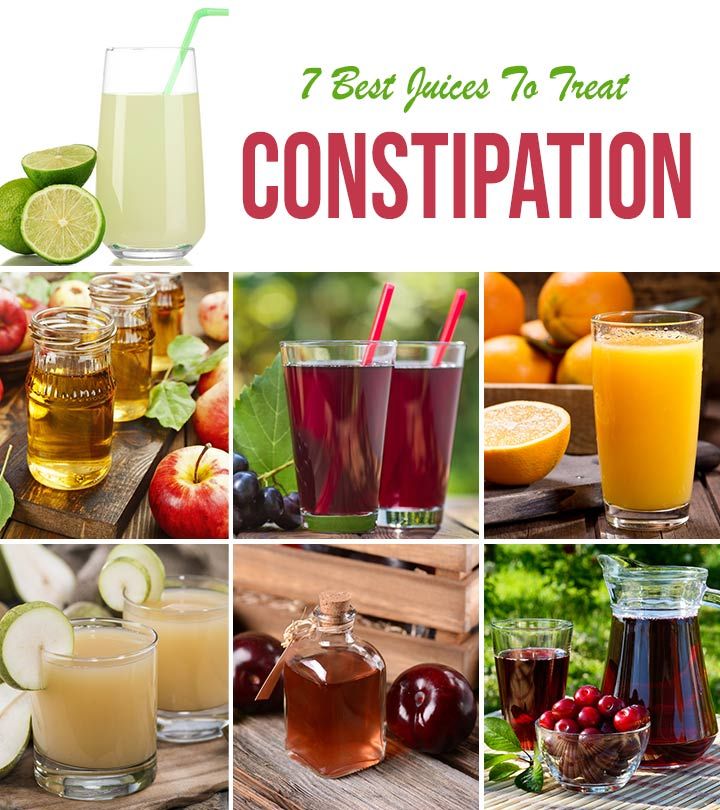
What foods to introduce
- Feeding suggestions for your baby (download)
Somewhere between 4 and 6 months old, you may begin to introduce first foods such as infant cereals, pureed fruits, pureed vegetables, and pureed meats. Start with about one or two tablespoons of food once or twice a day. It is important to make sure that some of your infant’s early foods contain iron, which is important for all babies’ health. Iron-rich foods include iron-fortified baby cereals, meats, and beans.
Once your child is about 8 months old and sitting up well, you may introduce finger foods such as biscuits, Cheerios, pasta, soft bread/toast, small pieces of soft vegetables or fruits, and shredded chicken or meat.
A note on constipation: Sometimes when a baby starts on solid foods, he will become constipated (hard stools). If your baby becomes constipated, use whole wheat or barley cereal instead of rice cereal and avoid bananas and sweet potatoes, which are constipating.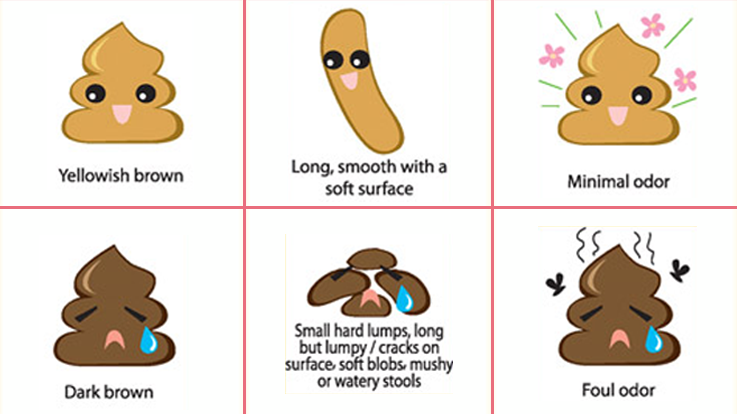 All the fruits which begin with “P” (prunes, plums, pears, peaches) will help soften your baby’s stool, so give them often if your baby is having hard stools. If your baby is constipated, you may also give him 1 ounce of prune juice mixed with 1 ounce of water every day or two.
All the fruits which begin with “P” (prunes, plums, pears, peaches) will help soften your baby’s stool, so give them often if your baby is having hard stools. If your baby is constipated, you may also give him 1 ounce of prune juice mixed with 1 ounce of water every day or two.
Beverages
For the whole first year, breast milk or formula should be your baby’s primary beverage. Typical amounts are listed in the table at the end of the sheet. Fruit juice tends to be high in sugar and fills up babies so they eat less nutritious food. We do NOT recommend giving juice to your baby in the first year.
Food sensitivities and allergies
While food allergies seem to be more common among children than they were in the past, no one knows the reason for this. We do not recommend restricting any specific foods for babies because of concerns about allergies, but if you have food allergy questions or a family history of specific food allergies, please discuss this with your provider.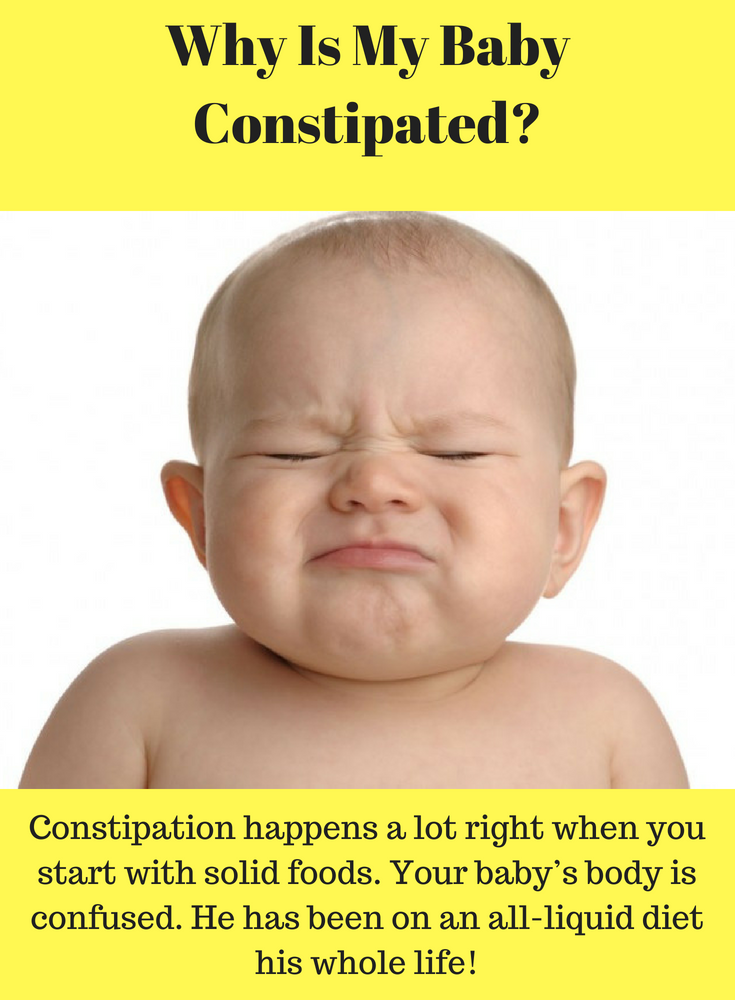
Citrus fruits and tomatoes may cause a rash around the mouth in young children, but this is not a true allergy and is not dangerous; if it happens, you may want to cut back on these types of foods and try them again at a later time.
Peanuts and peanut butter
Recent research suggests that early and continued eating of peanut products decreases the chance of developing a peanut allergy. Some children will still be allergic to peanuts, but introducing peanuts at 4-6 months can prevent peanut allergy for many children. If your child has other food allergies or severe eczema, (or if your family history causes you to be concerned), please discuss blood testing for peanut allergy before you introduce peanuts.
Other infants should begin eating peanut products at 4-6 months. You can mix a small amount of smooth peanut butter into your infant’s baby cereal or pureed food. Bamba, a peanut puff product (available online and in the Israeli or Kosher food section of some grocery stores) can be crumbled into baby cereal.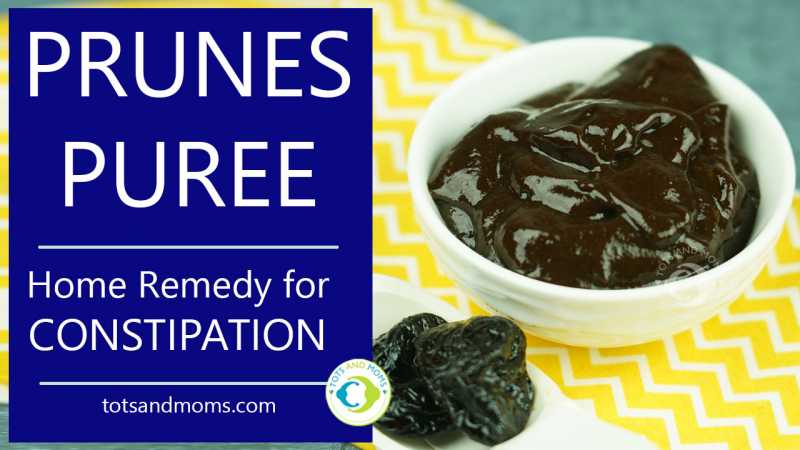 Give a small amount the first few times, and if it is tolerated without hives continue to feed peanut containing products 3 times a week. Older infants and toddlers should continue to eat Bamba or smooth peanut butter (spread thinly on bread or cracker) 3 times a week.
Give a small amount the first few times, and if it is tolerated without hives continue to feed peanut containing products 3 times a week. Older infants and toddlers should continue to eat Bamba or smooth peanut butter (spread thinly on bread or cracker) 3 times a week.
Caution!
- Nuts, whole grapes, spoonfuls of peanut butter, round slices of hot dog, hard raw vegetables, popcorn, hard candies, and ice are all choking hazards and should not be given to your child until at least 4 years old.
- All foods you give younger children should be soft and in small pieces.
- Do not give your baby honey until he is over 1 year old (honey can carry botulism spores that are dangerous for a young baby but not for older children or adults).
- Do not home prepare beets, turnips, carrots, spinach, and collard greens while your child is an infant. These can be high in nitrates when prepared at home, but are safe if given as store-bought baby food.
Constipation in children.
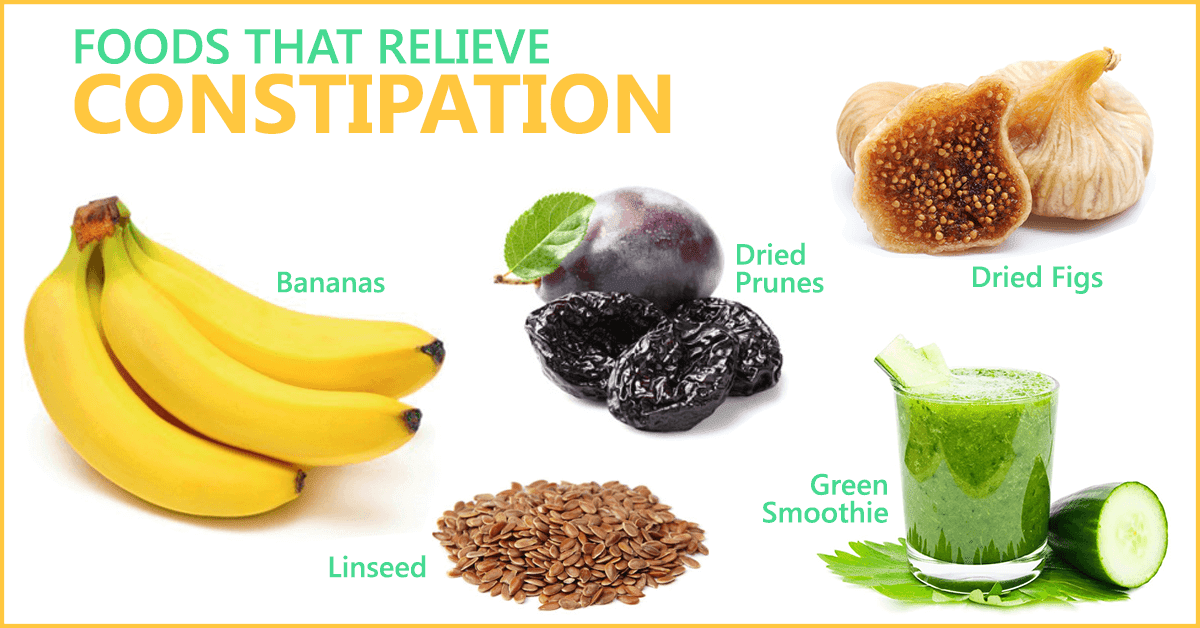 Diet and gymnastics of a child with constipation.
Diet and gymnastics of a child with constipation. Constipation is a very common problem in children. Why?
With the start of complementary foods, stools in infants most often improve. This is due to the introduction of fiber into the child's diet, as well as an increase in the child's motor activity.
But after 1 year the number of children suffering from constipation starts to grow again. This is due to the refusal of breastfeeding, the transition to solid food, a decrease in the amount of water in the diet. Approximately every fifth child after a year suffers from constipation. How to deal with this problem?
For your health - the recommendations of the pediatrician of the clinic "Lor Plus", a doctor of the highest category Anna Gennadievna Marakulina .
What are the most common causes of constipation in children?
- Insufficient fluid volume.
- Diet, poor in fiber.
- Insufficient physical activity.
How to avoid constipation in a child?
To prevent constipation, the child must drink enough fluids.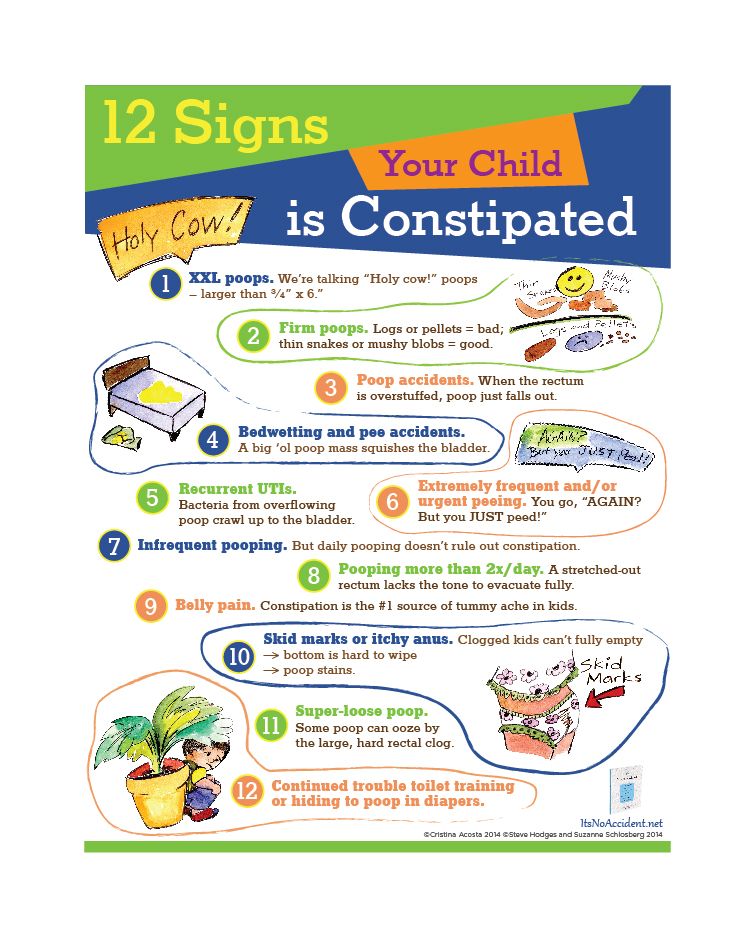 Be sure to teach your child to drink ordinary water. A child over 3 years of age is required to drink at least 2 glasses of water a day.
Be sure to teach your child to drink ordinary water. A child over 3 years of age is required to drink at least 2 glasses of water a day.
— Do not give your child sweet and carbonated drinks, strong tea and coffee. They have a diuretic effect, contribute to the development of dehydration and constipation.
- Cold water stimulates peristalsis. And warm water has a relaxing effect on the muscles of the gastrointestinal tract and is quickly absorbed. Therefore, in case of constipation, it is recommended to give a child up to 3 years old 1/2 cup, and over 3 years old - 1 glass of cool water in the morning on an empty stomach. Start with water at room temperature. If the effect is not achieved and the state of health permits, the water temperature is gradually lowered. It should be pleasantly cool. In this case, peristalsis is stimulated by rapid filling and irritation of the stomach, and then the intestines.
- There are drinks that have a laxative effect. Dairy products, plum and beet juice, dried fruit compote (prunes, dried apricots, raisins), chamomile decoction, children's teas with fennel and dill.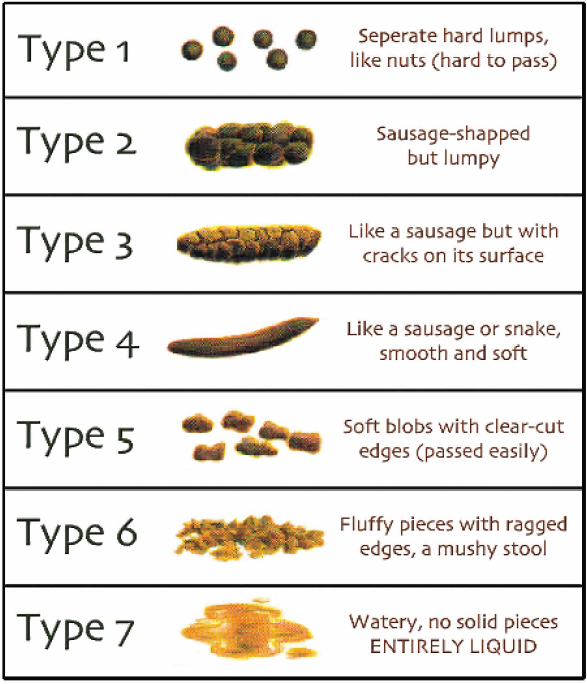 By including these drinks in your baby's diet, regular stools can be achieved. But this should be done gradually, starting with small amounts, so as not to cause a digestive breakdown in the child.
By including these drinks in your baby's diet, regular stools can be achieved. But this should be done gradually, starting with small amounts, so as not to cause a digestive breakdown in the child.
Does diet help with constipation?
Everyone knows that a diet for constipation should include a lot of fiber-rich foods, and these are vegetables and fruits. But not everyone knows how much and what kind of fruits and vegetables a child needs.
| 1-3 year | 3-7 years old | over 7 years old | ||
| Vegetables of total (of which potatoes) | 350 grams (120) | 450 g (250) | 550 grams (250) | |
| Fruits | 100-150 GR | 250 GR | 250 GR | |
| Fresh vegetables | 50-70 GR | 20033 200 GK 900 GR, 20033 200 GKO 20033 200 GKO 20033 200 GKO 20033 200 GRO 20033 200 GRO 20033 200 GROK gr | 200 gr | 200 gr |
| Dry fruits | 10-15 Grams | 200 GR | 200-300 gr |
Yes, it is enough for most children to fix the drinking regime and regularly feed the child with fruit and vegetables in the vegetables according to age. But not for everyone.
But not for everyone.
Some people need to supplement their diet with laxative foods. These include: plums, beets, prunes, raisins, figs, dates, dried apricots, legumes, nuts. They should be present in the diet of a child prone to constipation. Include them in the diet should be gradually. For some, it will be enough to consume one of the listed products daily, while others will need to include several in the diet.
Cereal porridges with shells (buckwheat, oatmeal, pearl barley, wheat) and wholemeal bread are also useful.
Fermented milk products (kefir, curdled milk, fermented baked milk, biolact) are best consumed before going to bed. 1 glass a day is enough. You can increase the daily intake of kefir to 2 glasses per day.
Refined rice, blueberries, pears, sweets and buns, flour products from premium flour, strong tea, animal fats have a fixing effect. It is better for children prone to constipation to abstain or significantly limit their use.
I recommend trying several recipes for constipation that I and my patients have tested:
— Take equal amounts of dried fruits: figs, dates, dried apricots, prunes, wash well, pour over with boiling water, destone, turn through a meat grinder or chop in a blender . Take daily in the morning on an empty stomach (30 minutes before meals) 1-2 teaspoons with 1 glass of water with lemon. Children under 3 years old - 1/2 cup of water.
Take daily in the morning on an empty stomach (30 minutes before meals) 1-2 teaspoons with 1 glass of water with lemon. Children under 3 years old - 1/2 cup of water.
This recipe can be used by children from 1 year old, but be sure to first test how the child tolerates each dried fruit individually, and then prepare the mixture.
— Sour milk + prunes for the night: 10-20 pieces of prunes are well washed, brewed with boiling water for 5-10 minutes, a small child can be mashed. Eat before going to bed with 1 glass of kefir, biolact, fermented baked milk, curdled milk.
Wheat bran is a very useful product, because contain approximately 50% fiber, as well as many vitamins and minerals. You can buy them at a pharmacy.
Wheat bran can be included in the diet of children after 1 year as a remedy for constipation. Start with a daily amount of 1 teaspoon, gradually, every 2-3 days, increasing the dose until a regular stool is achieved. The maximum dose for children is up to 2 tablespoons per day.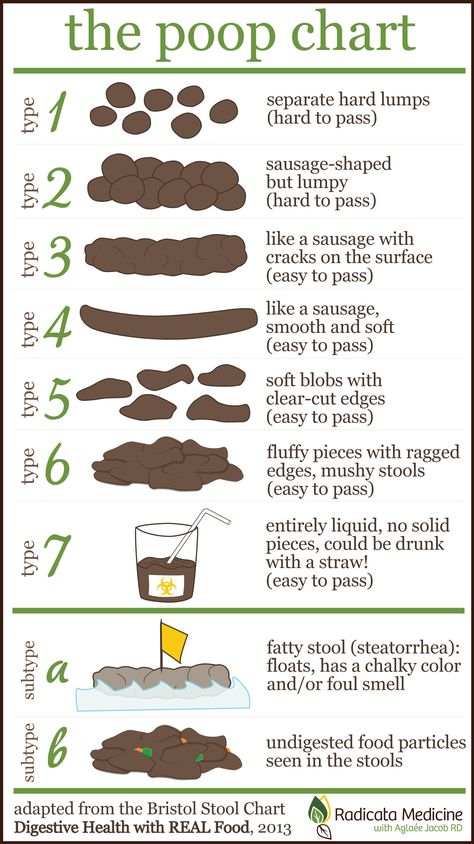
The daily dose of bran is brewed with a small amount of boiling water. It is kept under the lid for 30-40 minutes, then the excess water is drained, and the swollen bran is added to the child's food, most often to porridge. You can add them to kefir, cottage cheese, vegetable and fruit puree. You can add the entire daily dose of bran in one serving of food, can be divided evenly into breakfast, lunch and dinner.
Gymnastics for constipation. Helps or not?
In my experience it helps a lot! Active and mobile children are less likely to suffer from constipation. For the prevention of constipation, sports are useful: running, swimming, gymnastics, squats, tilts, exercises to strengthen the abdominal press.
A child suffering from constipation, in addition to following a diet and drinking regimen, is recommended to do a few simple things in the morning:
- Get up early so that there is enough time for all morning activities, including going to the toilet, water (possible with a mixture of dried fruits),
- Perform the following exercises - Starting position standing: take a deep breath, then a deep breath, then draw in the stomach as much as possible and stick it out.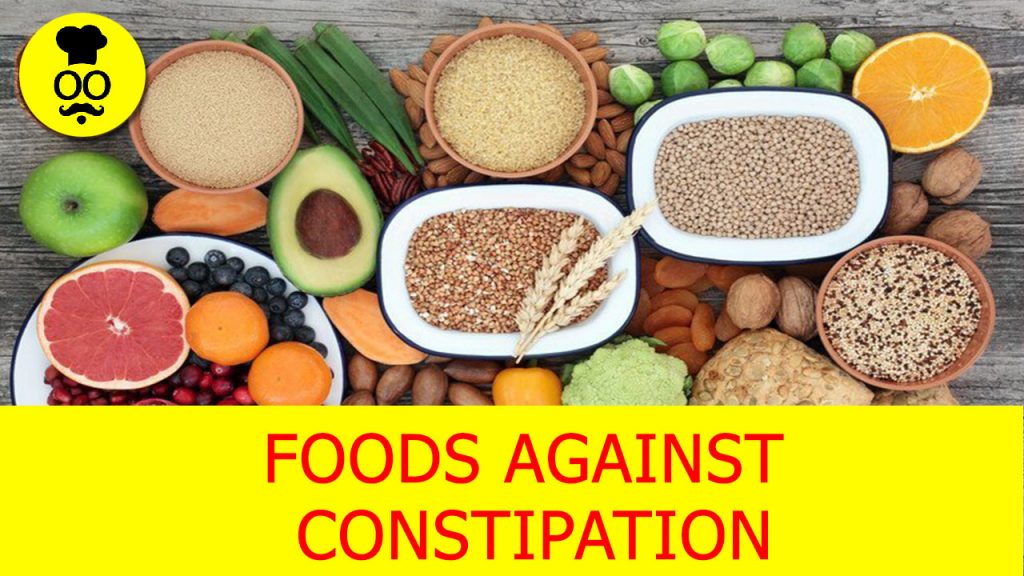 Repeat the exercises several times.
Repeat the exercises several times.
There is a good chance that the child will want to go to the toilet afterwards.
Abdominal massage is also helpful.
Is constipation so dangerous?
The causes, and hence the consequences of constipation can be different:
• stress - you need to create a calm environment for the child,
• rectal fissures - you need to contact the surgeon,
• arbitrary retention of stool - you need to talk with the child, try to work out from him morning defecation schedule.
And the consequences can be different. It is always better to find out the causes of the disease with your pediatrician. So you can avoid dangerous consequences.
It is not recommended to give a child laxatives and suppositories on their own, as well as to repeat cleansing enemas frequently. If for a long time (more than 1 month) it is not possible to establish a regular chair for a child, you need to see a doctor. Diet
Let your baby be always healthy!
And the pediatricians of the clinic "Lor Plus" are ready to answer the questions of mothers and fathers about the well-being of the child and the prevention of childhood diseases.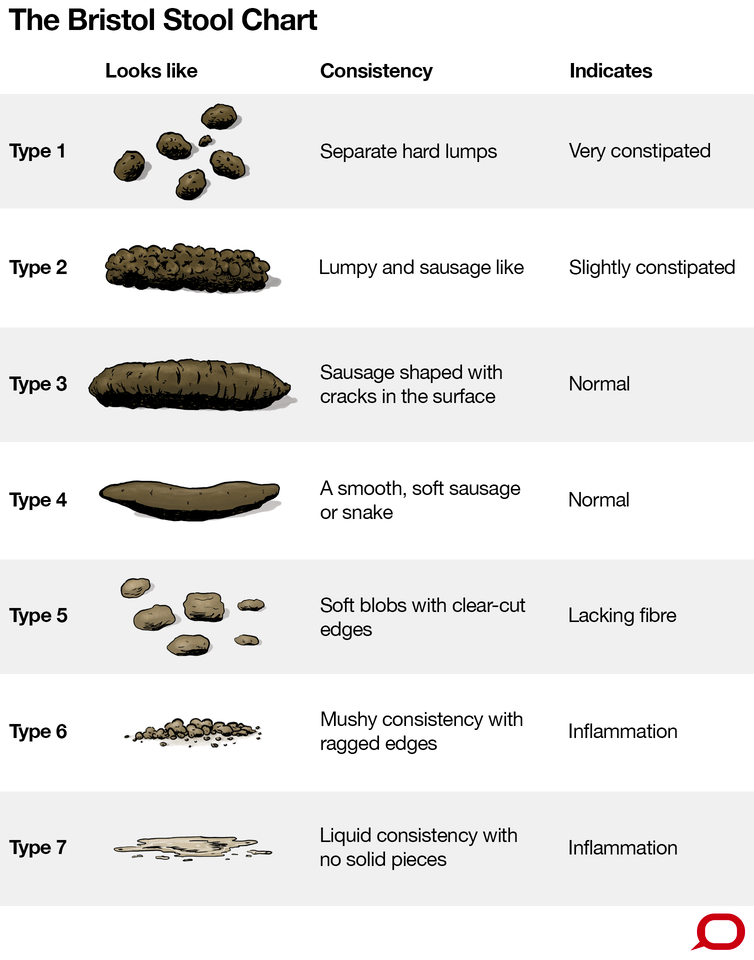
Come to our clinic!
Experienced paediatricians see children in our clinics:
Marakulina Anna Gennadievna (pediatrician, doctor of the highest qualification category, experience 29 years)
Fedoseeva Olesya Andreevna (pediatrician).
Our doctors:
- They will pick up the key to a crying baby,
- They will calm the worried mom,
- They will quickly make the correct diagnosis,
- They will prescribe an effective treatment.
Make an appointment with the Pediatrician at a convenient time for you
| You can make an appointment by phone. +7(342)258-258-8 or through the registration form below. Appointment with a doctor through the Administrator of the clinic Leave your details, our Administrator will call you back in the near future, consult on the cost of services, select the best time for your appointment. Your name Your phone number Enter your phone number so that the clinic administrator will contact you in advance. Message Specify wishes for date, time of appointment and doctor By clicking on the button, you consent to the processing of your personal data. |
Please note that:
- When visiting the clinic for the first time, it is advisable to arrive 10 minutes before the appointed time in order to fill out a medical history and sign an agreement, informed consent for medical intervention. You can familiarize yourself with the texts of these documents here.
- To sign the contract, you must have a passport with you.
- If the patient is a child (up to 18 years of age inclusive!), then one of the parents or guardian must come to the appointment with the child and sign the contract and consent.
- Think ahead and formulate the problem with which you go to the doctor.
- If you have the results of previous studies and analyzes, we recommend that you bring them with you to an appointment with a specialist.

- If you have a chronic illness and take medicines all the time, write down the names, doses, and regimen.
- Remember and be sure to tell your doctor if you have had an allergic reaction to any medications, foods, etc.
Clinic address and directions can be found here
Diet for constipation in a child | Mamovediya
Constipation is a fairly common problem among children of all ages from infants to teenagers.
One of the main causes of constipation in a child is improper or irrational nutrition. If the child has constipation, then in order to normalize the baby's stool, it is necessary to develop the habit of emptying the intestines at the same time, as well as to make the right diet.
When preparing a diet for a child who suffers from constipation, it is necessary to include in the diet foods that increase the volume of feces and improve intestinal motility, foods that have an enveloping effect and help food slide well into the lower sections, foods rich in potassium, necessary for a good the work of the intestinal muscles, as well as fermented milk products containing bifidobacteria, which contribute to the development of beneficial intestinal microflora.
Parents need to carefully review the baby's diet and exclude foods that can contribute to constipation.
Foods that can interfere with a child's bowel movement include dried blueberries, sticky foods, rice and semolina, foods that are too hot, and drinks such as cocoa and strong tea.
Also constipation can be promoted by muffins, fresh bread and other products made from white wheat flour dough, including dumplings, dumplings, yeast pies.
Bread with bran, buckwheat, oatmeal, raw vegetables and fruits, dried fruits, especially prunes, dried apricots and apricots are very helpful in the fight against constipation.
From vegetables and fruits with constipation, it is necessary to use carrots, pumpkins, beets, zucchini, cauliflower, greens, baked apples.
Also, in case of constipation, it is necessary to include in the diet low-fat varieties of meat and fish, dairy products, sour cream, jelly and fruit and berry compotes.
Dairy products are best suited for fermented milk products containing biocultures, one-day kefir, fermented baked milk and curdled milk.
Since the diet for constipation in a child requires the restriction of sweets and starchy foods, instead of sweets, you can prepare a healthy and tasty dried fruit dessert for your child.
When compiling a diet for a child with constipation, it is necessary to try to increase the amount of dietary fiber , which will swell in the intestines, and help increase the volume of feces. These substances include fiber, pectin, seaweed, cellulose, bran.
If a child has bloating due to constipation, then in his diet it is necessary to exclude food that is rich in dietary fiber.
It is very important to avoid gas-producing foods while dieting . Such products include cabbage, beans, cucumbers, eggplants, pears, lingonberries, spinach, sorrel, apple and grape juice.
It is very important for a diet in case of constipation in a child to maintain an optimal drinking regimen and make sure your child is drinking enough fluids throughout the day.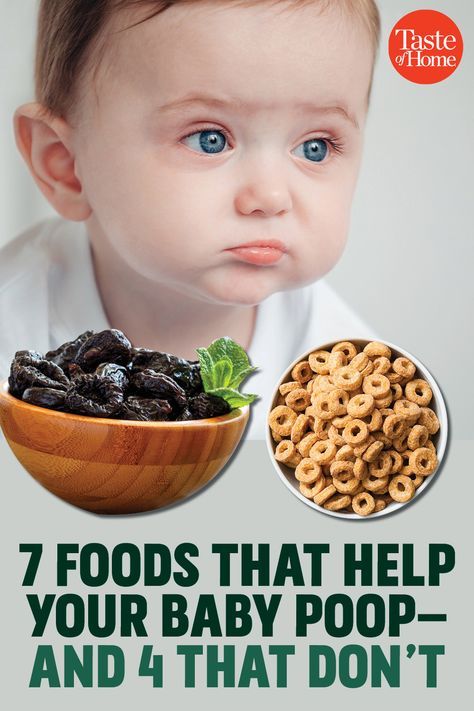 For drinking, mineral water without gas, juice with pulp, dried fruit compote, herbal tea are best suited.
For drinking, mineral water without gas, juice with pulp, dried fruit compote, herbal tea are best suited.
If a child has a pronounced painful contraction of the intestines, then he should not be given coarse fiber. All fruits and vegetables should be given to the baby without the skin. Juices with pulp, mashed potatoes, sour-milk products, low-fat boiled meat and fish, honey, jams, jams can also help such a child very well.
For infants who are bottle-fed, it is necessary to choose a therapeutic mixture for constipation in a child .
If the baby is breastfed, then in this case, the nursing mother needs to consume a lot of fresh vegetables and fruits, as well as dairy products.
The introduction of complementary foods to a child with constipation is best to start with one-component vegetable puree and pumpkin, zucchini, carrots, beets are well suited for this.
It is not possible to choose one general diet for all children, since it is necessary to take into account the individual characteristics of the baby's body and his state of health.